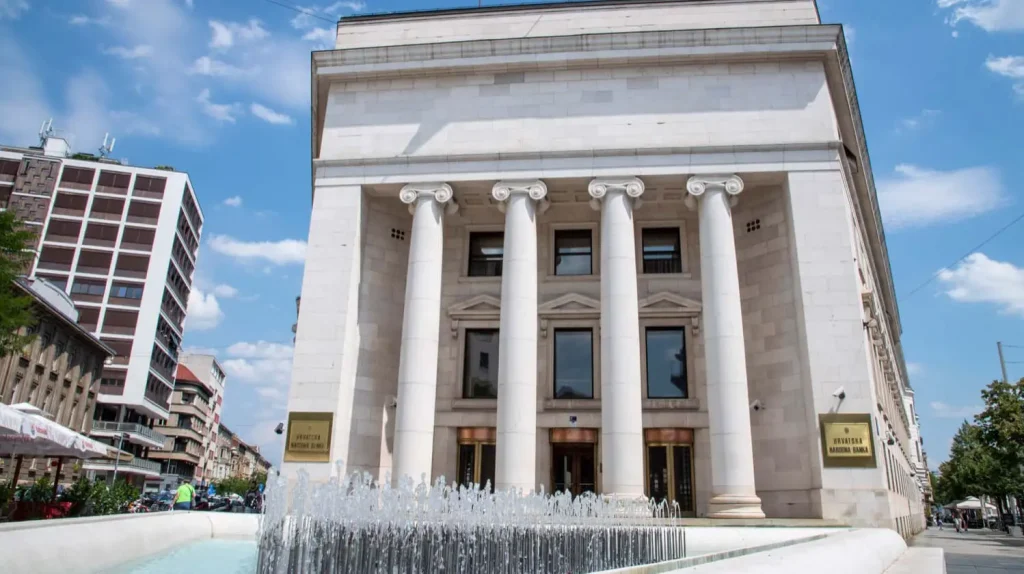The meeting was prompted by a convergence report issued by the EC and European Central Bank (ECB) on Wednesday, assessing that Croatia is ready to introduce the euro.
Vujčić told reporters that the EC’s positive assessment of Croatia’s compliance with nominal convergence criteria makes Croatia just a step away from euro area entry.
“We embarked on that road in 2017 and now we are completing the journey,” he said, adding that this would mean a lot for Croatia and that the benefits of euro introduction would be much greater than the costs, both for citizens and for businesses.
Euro area entry will make Croatia much more resilient to the recent numerous shocks and crises, he said.
“It is definitely better to be in the euro area in the current time than outside of it,” he said.
After Croatia joins the euro area, the HNB, too, will become fully integrated in the euro system and become part of it, he said, recalling that in October 2020 the HNB established close cooperation with the ECB, and that it was waiting for the final step of integration with the euro system.
Vujčić said that entry into the area of the world’s second most important currency would mean progress for Croatia.
As for the technical aspects of conversion to the euro, specifically the operation of ATMs in the transitional period, the central bank’s governor said that by 31 December most ATMs would be filled with euros and that by 15 January all would be filled with euros. Some of the ATMs will be filled with kuna in the transitional period but everything will be done to make the transition easier for citizens, he noted.
Asked if now was the best time to introduce the euro considering the global crisis, Vujčić said it would have been better if Croatia had already entered the euro area.
“Joining the euro area as soon as possible is the best, this is the best moment we can have. That is evidenced, in my opinion, by the ECB’s support already at the start of the crisis caused by the coronavirus pandemic, which would not have been possible had we not been very close to entry to the exchange rate mechanism. That helped us overcome the pandemic crisis more easily,” he said, adding that unlike most EU countries that are not euro area members and where interest rates have grown significantly since the start of the Ukraine war, in Croatia interest rates are the same as before.
EC Vice-President Dombrovskis congratulated Croatia on what he described as a historic achievement, noting that the country had met all the relevant criteria and that it was expected to join the euro area on 1 January 2023.
He said that the EC would continue cooperating with Croatia and the HNB.
Euro area entry is important because the whole world has been affected by the crisis caused mostly by the war, which is why it is important to join the part of Europe that uses the world’s second strongest currency. That will help Croatia in many financial aspects, among other things, with lower interest rates, the EC official said.
For more, check out our politics section.









